Chinese Robot Vacuums Dominate Global Market as U.S. iRobot Faces Bankruptcy
Input
Changed
Roborock, Ecovacs, and Other Chinese Firms Control Over Half of Global Shipments iRobot’s U.S. Market Share Falls to 9%
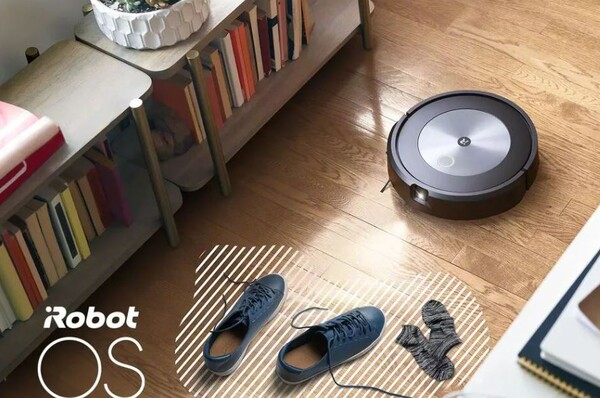
Roborock, the world’s leading robotic vacuum maker, along with three other major Chinese manufacturers, collectively captured more than half of the global market share in the first quarter of this year. Expanding beyond the domestic market, Chinese brands have sharply increased shipments worldwide, effectively dominating the industry. With U.S. pioneer iRobot facing bankruptcy and South Korea’s Samsung Electronics and LG Electronics yet to release new models, the dominance of Chinese companies appears set to continue.
Chinese Top Four Hold 54.1% Market Share
According to U.S. market research firm IDC on the 3rd, the top four robotic vacuum manufacturers in the first quarter were all Chinese brands. Roborock ranked first with a 19.3% share, shipping 980,000 units globally—a 50.7% year-on-year increase. Ecovacs followed with 13.6% share, shipping 690,000 units, up 11% from the previous year. Dreame (11.3%) and Xiaomi (9.9%) ranked third and fourth, respectively. Collectively, the four Chinese companies commanded 54.1% of the global market, underscoring the intensifying concentration of market power in Chinese hands.
IDC noted that Roborock ranked first in shipments across markets including South Korea, Germany, Finland, Norway, Sweden, Israel, and the United Arab Emirates. Having rolled out 12 new products in the first half of the year—including the “S9 MaxV Ultra,” “S9 MaxV Slim,” and robotic-arm-equipped “Saros Z70”—Roborock has maintained growth by offering diversified price ranges and expanding its overseas retail presence.
Meanwhile, iRobot, once the global market leader, has continued its decline. First-quarter shipments dropped 30.6% year-on-year, pushing the firm down to fifth place with just a 9.3% market share. Analysts point to lagging innovation and product updates compared with Chinese rivals.
As performance deteriorates, iRobot has been flagged as at risk of default. The company stated: “Competition from Chinese brands, macroeconomic conditions, and tariff policies present uncertainties for new product launches. Considering these risks and potential financial impacts, there is substantial doubt about our ability to continue as a going concern for at least one year from the issuance date of our 2024 consolidated financial statements.” Other Western firms have also retreated: Germany’s Vorwerk Group shut down its U.S. robotic vacuum subsidiary Neato Robotics in 2023, underscoring mounting pressure from Chinese competition.
Samsung, LG Yet to Release New Models
While Chinese consumer electronics were once associated with low-cost strategies, in robotic vacuums they have adopted premium positioning. Roborock’s S9 MaxV Ultra retails for around $1,340, while the Saros Z70 is priced above $1,450. Despite high price points, advanced AI and autonomous navigation features have elevated their image as premium home appliances.
Samsung and LG entered the market only last year with their first all-in-one robotic vacuum models, but they remain overshadowed by Chinese incumbents. Despite a flood of new Chinese product launches in the first half of the year, both Korean firms have yet to release new devices. Initially expected by June or July, their next models are now projected for October or November as they prioritize technological refinement. Market watchers note that while new launches could chip away at Roborock’s dominance, delayed release schedules and intensified Chinese competition make recovery uncertain.
An industry insider observed: “Leading Chinese brands have erased the ‘Made in China’ stigma by investing heavily in R&D and continually launching competitive products. To rival them, competitors will need to deliver advantages in pricing, security, or technology.” In practice, Chinese companies are accelerating innovation through rapid-fire product launches. Ecovacs unveiled the “X11” with redesigned mopping pads and side rollers, while Roborock boosted R&D staffing by 73.5% to focus on innovation.
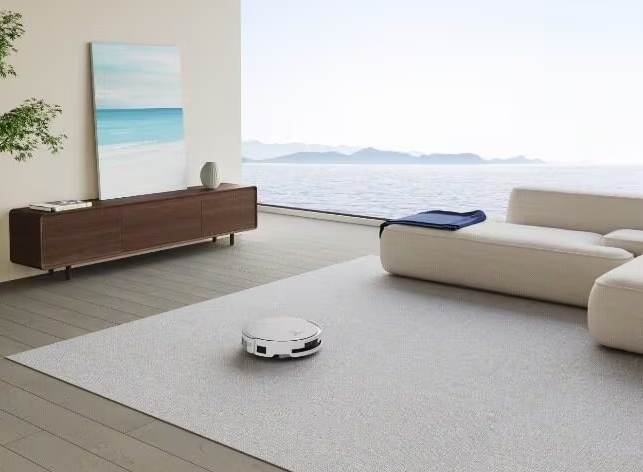
Chinese Robot Vacuums Raise Privacy Concerns
Security vulnerabilities, however, remain a hurdle. The Korea Consumer Agency investigated six major robotic vacuum models and found privacy risks in several Chinese products. The test included two Korean models—Samsung’s “Bespoke AI Steam” and LG’s “CordZero Roboking AI All-in-One”—alongside four Chinese devices: Roborock’s “S9 MaxV Ultra,” Dreame’s “X50 Ultra,” Ecovacs’ “Deebot X8 Pro Omni,” and Narwal’s “Freo Z Ultra.”
Issues were identified in Dreame, Ecovacs, and Narwal products. Despite being marketed as cost-effective alternatives to premium Roborock models, these vacuums lacked robust user authentication, leaving photo and video data vulnerable to unauthorized access. Camera systems used for navigation and obstacle detection were especially exposed. In Narwal and Ecovacs devices, third parties with stolen user credentials could easily access cloud-stored images and videos without additional verification, raising risks of home interior images being intercepted and leaked.
In Dreame’s case, shared user permissions allowed third parties to access photo albums and even forcibly activate the vacuum’s camera, enabling live video and image capture. Ecovacs devices also showed vulnerabilities allowing malicious outsiders to upload harmful photo files into user galleries.
By contrast, Samsung and LG devices demonstrated stronger security performance. Roborock performed comparably but, like Narwal, Dreame, and Ecovacs, was rated insufficient in password-strength policies and reverse-engineering safeguards.



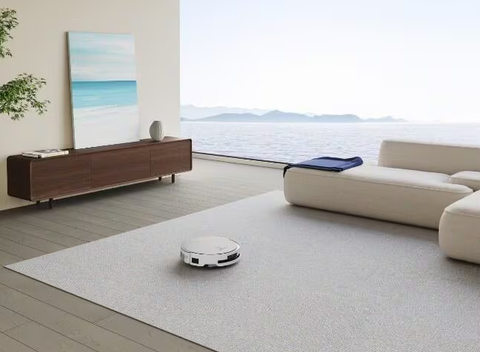

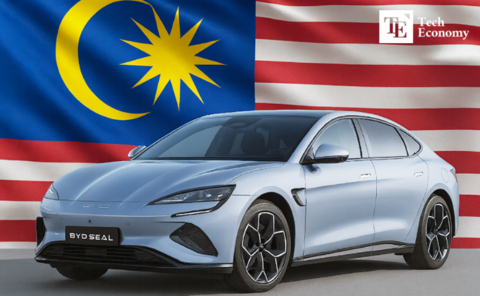


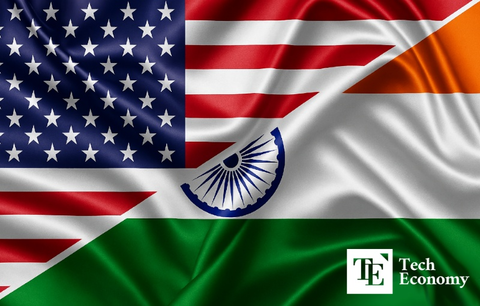













Comment